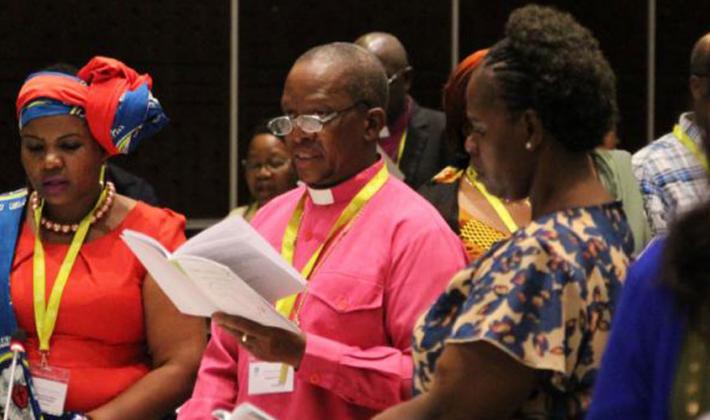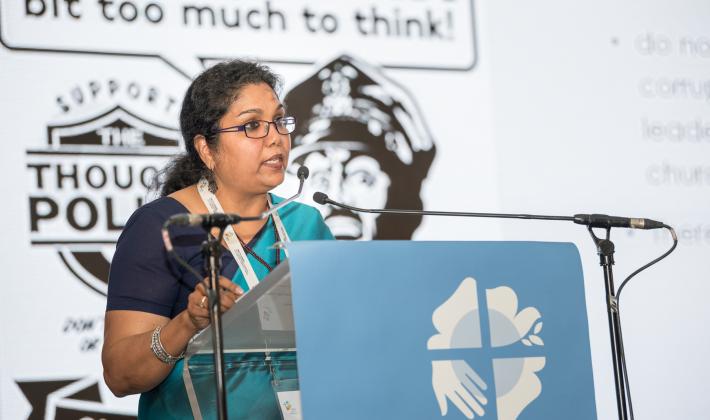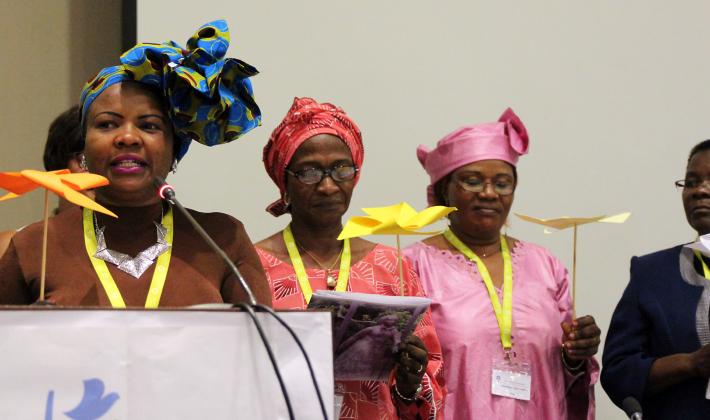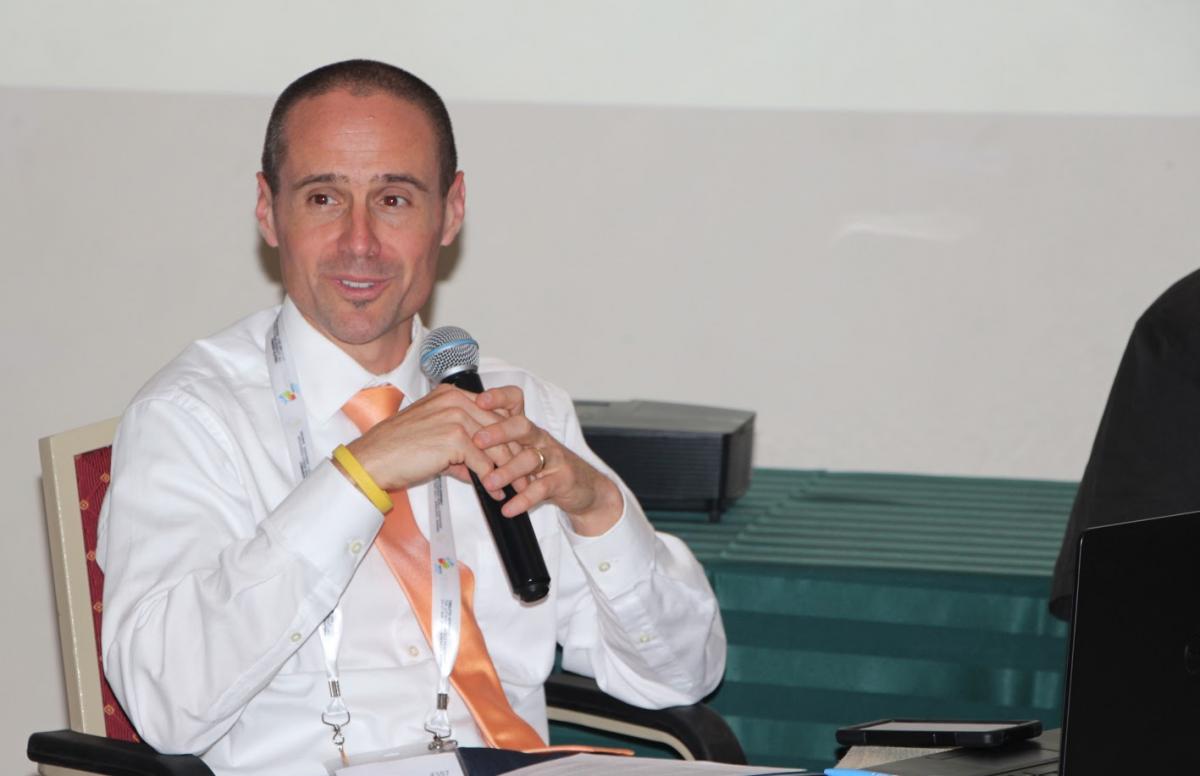
It is an arduous task to be hopeful when the effects of climate change can be experienced daily but the church of God has always preached hopeful messages in the darkest of hours.
“Preaching on the topic of climate change should not only come from a place of fear or lamentation about what we face,” says Rev. Dr Chad Rimmer, study secretary for Lutheran Theology and Practice of The Lutheran World Federation (LWF). “The call to tend the garden should be positively rooted in our understanding of who we are as creatures created in the image of God.”
Rimmer moderated the Omatala workshop at the Twelfth Assembly of the LWF titled Homiletics of Hope in an Age of Climate Change.
Unprecedented impact of climate change
“When I was in Senegal, I visited a village and stopped near a traditional well. It was 73 meters deep but it was empty. The villagers have to walk 17 kilometers to fetch water for daily usage,” shares Rev. Teijo Peltola, presenter from the Evangelical Lutheran Church of Finland.
“Asia is one of the world's most vulnerable region, hundreds and millions of people are affected by coastal flooding and land loss,” Eun-Hae Kwon, LWF Vice-President for Asia from the Lutheran Church in Korea says of her experience. “As global temperature rises and the sea levels rise especially in South East and South Asia, small island states are expected to face very high impact in the future, we are facing unprecedented heat wave, extreme precipitation, intense cyclones and water scarcity.”
Courage to speak the truth
“Realizing that water is sacred and that we cannot take it for granted, there was increased pressure on the government of Ontario to scrutinize a bottled water industry's bid to control a local spring water well by both civil societies and the churches,” says Rev. Katherine Altenburg, presenter from the Evangelical Lutheran Church in Canada.
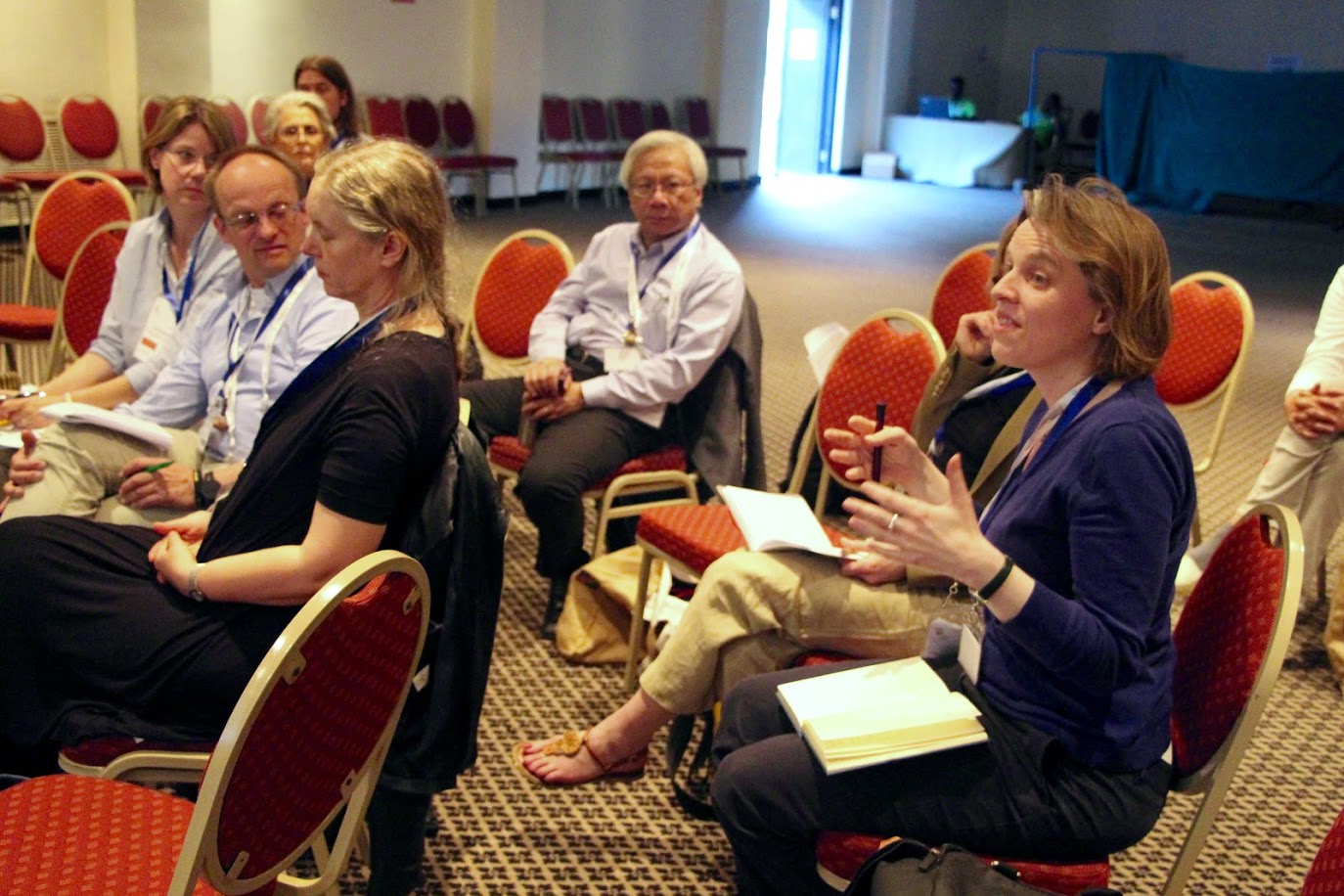
Bishop Jerzy Samiec from Evangelical Church of Augsburg Confession in Poland says, “Creating man in his image, God expects among us responsible behavior not just for the here and now, but also for the future, we need to speak faith; faith enables us to speak to our loving Father and Savior Jesus Christ. One cannot forget the power of the spoken word, we need the courage to speak the truth even though it is unpopular.”
Telling the new story
Harold Hofstad, workshop participant and visitor from Evangelical Lutheran Church in America says, “someone once described culture as a people enacting a story, so if we want to radically change culture, we need to know a new story and enact it. The Genesis story reminds us that we have been given the talents and prime direction to take responsibility for other creatures. This is the new/recovered story that we need to tell.”
“The Prophets in the Bible touch our hearts to be connected with the creation, it awakens our desire for justice to care for the creation.” says Rev. Astrid Kleist, delegate from the Evangelical Lutheran Church in Northern Germany.
LWF/Steven Lawrence

